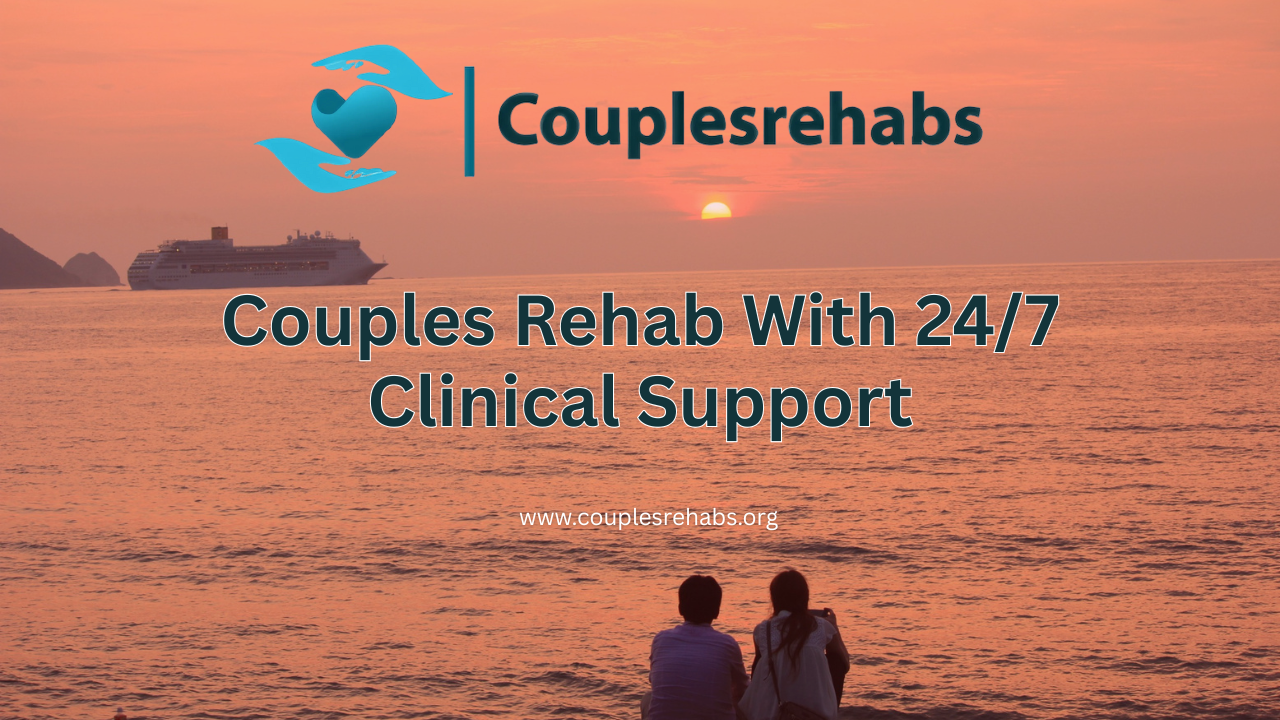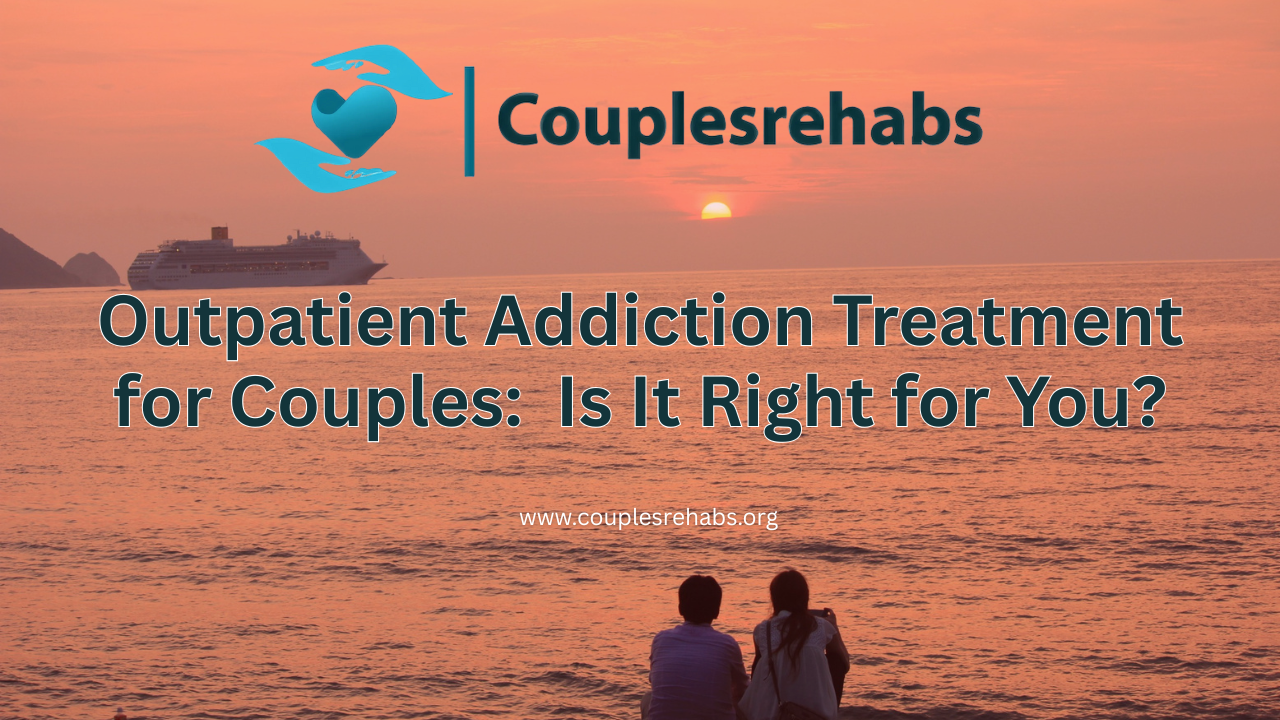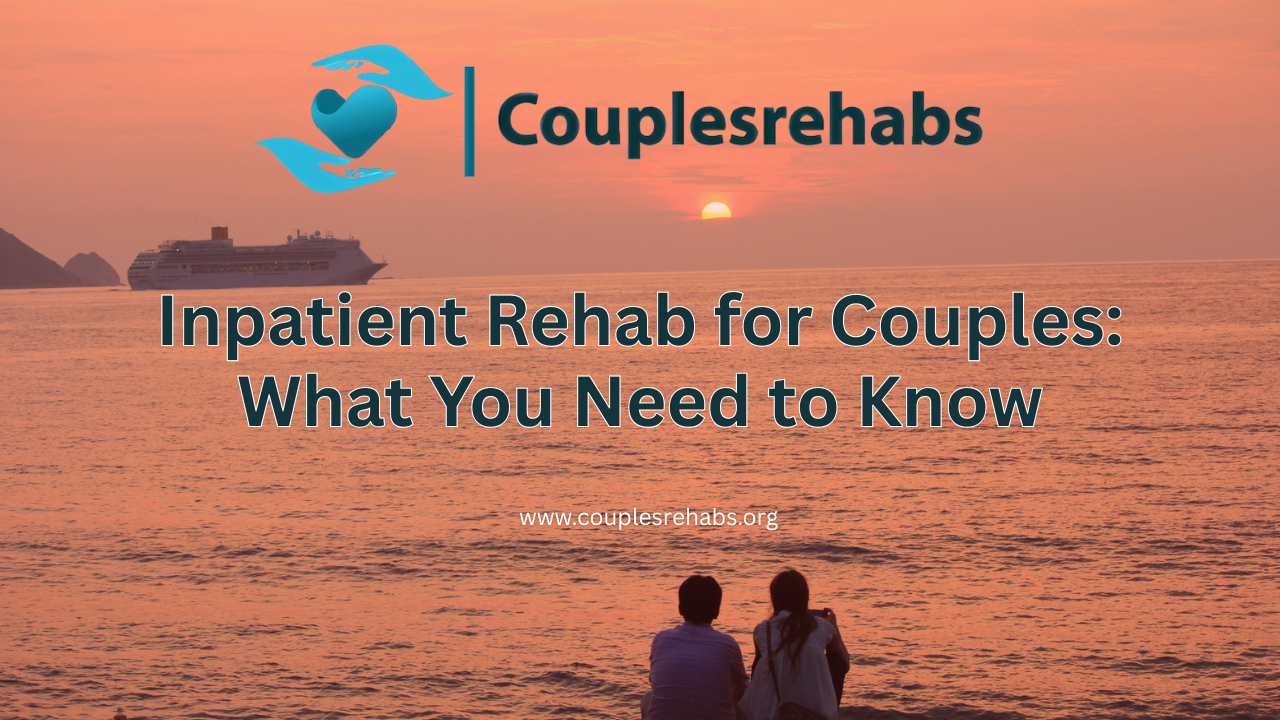Couples Rehab That Accepts Medicaid or Private Insurance
When addiction affects both partners in a relationship, the path to recovery becomes more complex but also more hopeful. You’re not just fighting for your own sobriety—you’re fighting for your relationship, your future together, and the chance to heal as a unit. The good news? There are couples rehab programs that accept both Medicaid and private insurance, making professional treatment more accessible than you might think.
Finding affordable couples addiction treatment doesn’t mean you have to sacrifice quality care. Understanding your insurance options is the first step toward reclaiming your relationship and your lives from the grip of substance abuse.
Understanding Insurance Coverage for Couples Addiction Treatment
Insurance coverage for addiction treatment has expanded significantly over the past decade, thanks to mental health parity laws and the recognition that addiction is a medical condition requiring professional treatment. However, couples-specific programming represents a specialized area that requires careful navigation of your benefits.
Most insurance plans, including Medicaid, are required to cover substance abuse treatment as an essential health benefit. This includes both individual and group therapy sessions, medical detoxification, and residential treatment programs. The key is understanding how these benefits apply when both partners need treatment simultaneously.
Your coverage typically extends to evidence-based therapies that have proven effective for couples in recovery. These might include behavioral couples therapy, family systems therapy, and specialized group sessions designed for partners struggling with addiction together. The important thing to remember is that insurance companies recognize the value of treating couples as a unit when both partners are affected by substance abuse.
What Makes Couples Treatment Different
Traditional addiction treatment focuses on the individual, but couples rehab acknowledges that relationships can be both a source of addiction triggers and a powerful force for recovery. When insurance covers couples treatment, they’re investing in a proven approach that often leads to better long-term outcomes for both partners.
Insurance providers have increasingly recognized that treating couples together can be more cost-effective than treating each partner separately. When both partners are committed to recovery and have the tools to support each other, relapse rates tend to be lower, reducing the overall cost of care.
Medicaid Benefits for Couples Rehab Programs
Medicaid coverage for couples addiction treatment varies by state, but the fundamental benefits remain consistent across most programs. If you and your partner both qualify for Medicaid, you’ll likely have access to comprehensive addiction treatment services that can include residential care, outpatient programs, and ongoing counseling.
State Medicaid programs typically cover detoxification services, which is often the first step for couples entering recovery together. This medically supervised process ensures both partners can safely withdraw from substances while receiving the support they need during this vulnerable time.
Medicaid-Friendly Residential Treatment Options
Many couples find that residential treatment provides the intensive, focused environment they need to address both their individual addictions and relationship dynamics. Medicaid often covers residential treatment for 30 to 90 days, depending on medical necessity and your state’s specific guidelines.
Residential programs that accept Medicaid typically offer a range of services included in your coverage. These might include individual therapy sessions, couples counseling, group therapy, medical care, and recreational therapy activities. The goal is to provide comprehensive care that addresses every aspect of your recovery journey.
Low-cost couples rehab programs accepting state insurance understand the financial pressures that often accompany addiction. They work closely with Medicaid to ensure you receive maximum benefits while minimizing out-of-pocket expenses. Many facilities have financial counselors who specialize in navigating Medicaid benefits for couples.
Private Insurance Options for Couples Recovery
Private insurance plans often provide more extensive benefits for couples addiction treatment, though this comes with higher monthly premiums. If you have coverage through an employer or have purchased private insurance, you likely have access to a broader network of treatment facilities and specialized programs.
Major Insurance Providers and Couples Treatment
Blue Cross Blue Shield networks typically include numerous couples rehab facilities across the country. Their coverage often extends to both inpatient and outpatient services, with many plans covering up to 90% of treatment costs after you meet your deductible. Couples recovery programs that take Blue Cross Blue Shield often provide comprehensive care packages that include medical detox, residential treatment, and aftercare planning.
UnitedHealthcare covered couples addiction therapy programs are widely available, with this insurer maintaining one of the largest networks of behavioral health providers. Their coverage typically includes couples counseling, individual therapy, and specialized addiction treatment modalities. Many couples find that UnitedHealthcare’s case management services help coordinate care between partners.
Aetna maintains strong relationships with addiction treatment facilities nationwide. In-network couples rehab facilities for Aetna often provide specialized programming that addresses relationship dynamics alongside individual recovery needs. Their coverage frequently includes family therapy sessions that can involve children or other family members affected by the addiction.
Cigna accepted couples drug and alcohol treatment centers focus on evidence-based approaches to recovery. Cigna’s coverage often includes innovative treatments like trauma-informed care and dual diagnosis services for couples where one or both partners have co-occurring mental health conditions.
PPO vs. HMO Coverage for Couples Treatment
PPO insurance options generally provide more flexibility in choosing couples drug and alcohol rehab facilities. With a PPO plan, you typically have the freedom to seek treatment at any facility that accepts your insurance, even if it’s out-of-network, though you’ll pay higher costs for out-of-network care.
HMO plans require you to stay within the network and often need referrals from your primary care physician. However, HMO plans typically have lower out-of-pocket costs once you’re approved for treatment, making them an attractive option for couples seeking affordable care.
How to Verify Your Insurance Coverage Before Treatment
Before committing to any couples rehab program, you’ll want to understand exactly what your insurance covers. Start by calling the customer service number on your insurance card and asking specific questions about couples addiction treatment benefits.
Ask your insurance provider about your annual deductible and whether addiction treatment counts toward meeting it. Find out about copayments for therapy sessions and whether there are limits on the number of sessions covered per year. Understanding these details upfront prevents surprise bills later.
Pre-authorization Requirements and Processes
Many insurance plans require pre-authorization for residential treatment or intensive outpatient programs. This process typically involves your doctor or the treatment facility submitting documentation that demonstrates medical necessity for couples treatment.
The pre-authorization process can take several days to several weeks, so it’s important to start early. Treatment facilities experienced in working with insurance companies can often expedite this process and help ensure all necessary documentation is submitted correctly.

Types of Couples Addiction Treatment Programs Available
Insurance coverage extends to various types of couples treatment programs, each designed to meet different needs and circumstances. Understanding these options helps you make informed decisions about which type of care is right for your relationship.
Inpatient vs. Outpatient Coverage Differences
Residential or inpatient treatment provides 24-hour care in a structured environment where couples can focus entirely on recovery. Insurance coverage for residential care typically requires meeting specific criteria, such as failed outpatient attempts or severe addiction that poses immediate health risks.
Outpatient programs allow couples to maintain work and family responsibilities while receiving treatment. These programs might meet several times per week for group sessions, individual therapy, and couples counseling. Insurance coverage for outpatient care is generally more readily approved and has fewer restrictions.
Intensive outpatient programs (IOPs) bridge the gap between inpatient and traditional outpatient care. These programs typically meet three to five times per week for several hours each session. Many insurance plans, including Medicaid, cover IOP services as they provide intensive treatment while allowing couples to maintain some normalcy in their daily lives.
Specialized Services for Couples in Recovery
Dual Diagnosis Treatment Coverage addresses situations where one or both partners have co-occurring mental health conditions alongside their addiction. Insurance plans increasingly recognize the importance of treating these conditions simultaneously, as untreated mental health issues often lead to relapse.
Trauma-Informed Care acknowledges that many couples struggling with addiction have experienced trauma that contributes to their substance abuse. Insurance coverage often extends to specialized trauma therapy that helps couples process these experiences together.
Family Therapy and Couples Counseling Benefits focus specifically on relationship dynamics and communication patterns that may have contributed to or resulted from addiction. These services help couples develop healthy ways of relating to each other in recovery.
Financial Assistance and Payment Options Beyond Insurance
Even with insurance coverage, treatment costs can be challenging for couples already facing financial difficulties due to their addiction. Many treatment facilities offer additional financial assistance options to make care more accessible.
Sliding scale fee structures adjust treatment costs based on your income and ability to pay. These programs recognize that addiction affects people from all economic backgrounds and that financial barriers shouldn’t prevent access to quality care.
Payment plans allow couples to spread treatment costs over several months or years, making care more manageable financially. Many facilities offer interest-free payment plans, understanding that recovery is an investment in your future together.
State and Federal Grant Programs
Various state and federal programs provide funding for addiction treatment, particularly for couples who don’t qualify for Medicaid but still need financial assistance. The Substance Abuse and Mental Health Services Administration (SAMHSA) provides grants to treatment facilities that can help offset costs for qualifying couples.
Some states have specific programs for couples addiction treatment, recognizing the unique challenges and benefits of treating partners together. These programs often provide funding for specialized services that might not be covered by traditional insurance.
Choosing the Right Couples Rehab Facility
Not all treatment facilities are created equal, and finding one that accepts your insurance is just the first step. You’ll want to evaluate the quality of care, the specific services offered for couples, and the facility’s success rates.
Look for facilities that are accredited by organizations like The Joint Commission or CARF (Commission on Accreditation of Rehabilitation Facilities). These accreditations indicate that the facility meets rigorous standards for quality care and safety.
Questions to Ask Potential Treatment Providers
When evaluating couples rehab facilities, ask about their experience treating couples specifically. How long have they offered couples programming? What evidence-based treatments do they use? What are their success rates for couples who complete the program together?
Inquire about the facility’s approach to insurance billing and whether they have staff dedicated to working with insurance companies. Facilities experienced in insurance matters can often maximize your benefits and minimize your out-of-pocket expenses.
Ask about aftercare planning and whether ongoing couples counseling is included in your coverage. Recovery doesn’t end when residential treatment is complete, and having a solid aftercare plan is crucial for long-term success.
Success Stories and Treatment Outcomes
Couples who complete addiction treatment together often report stronger relationships and better long-term recovery outcomes compared to those who seek treatment individually. The shared experience of recovery can become a powerful bond that strengthens the relationship.
Research shows that couples who participate in behavioral couples therapy alongside addiction treatment have significantly higher rates of sustained sobriety. The skills learned in couples treatment—communication, conflict resolution, and mutual support—serve couples well throughout their recovery journey.
Many couples find that addressing their addiction together allows them to rebuild trust and intimacy that may have been damaged by their substance abuse. The treatment process provides tools for creating a new relationship dynamic based on honesty, support, and shared commitment to sobriety.
Frequently Asked Questions About Couples Rehab Insurance Coverage
What insurance plans typically cover couples addiction treatment?
Most major insurance providers cover couples addiction treatment, including Blue Cross Blue Shield, UnitedHealthcare, Aetna, Cigna, and Humana. Medicaid and Medicare also provide coverage in most states. The key is finding facilities that are in-network with your specific plan to maximize your benefits and minimize out-of-pocket costs.
How does Medicaid coverage differ from private insurance for couples rehab?
Medicaid typically covers essential addiction treatment services but may have more limited provider networks and longer waiting lists. Private insurance often provides access to a broader range of facilities and specialized services, with potentially shorter wait times. However, Medicaid usually has lower or no copayments, while private insurance may require higher deductibles and copayments.
What should couples expect during the insurance verification process?
The verification process typically takes 24-48 hours and involves confirming your active coverage, determining your benefits for addiction treatment, checking deductibles and copayments, and identifying in-network providers. Treatment facilities often handle this process for you, but you should also call your insurance company directly to understand your specific benefits.
Are there waiting periods or restrictions for addiction treatment coverage?
Most insurance plans don’t have waiting periods for addiction treatment, as it’s considered medically necessary care. However, some plans may require pre-authorization for residential treatment or have annual limits on the number of therapy sessions covered. It’s important to understand these restrictions before beginning treatment.
How can couples find in-network treatment facilities?
Start by calling your insurance company’s customer service line or checking their online provider directory. You can also contact treatment facilities directly to ask if they accept your insurance. Many facilities have insurance specialists who can verify your coverage and help determine if they’re in-network with your plan.
What happens if insurance doesn’t cover the full cost of treatment?
Many treatment facilities offer payment plans, sliding scale fees based on income, or financial assistance programs. Some facilities also work with third-party financing companies to help make treatment more affordable. Don’t let partial coverage prevent you from seeking treatment—most facilities are willing to work with you to find a solution.
Can couples be treated together in the same facility?
Yes, many addiction treatment facilities offer specialized couples programs where both partners receive treatment simultaneously. These programs typically include individual therapy for each partner, couples counseling sessions, and group therapy with other couples in recovery. This approach allows couples to address both individual and relationship issues related to their addiction.
What types of therapy are typically covered for couples in recovery?
Insurance typically covers evidence-based therapies such as behavioral couples therapy, cognitive-behavioral therapy, family systems therapy, and group counseling. Many plans also cover specialized services like trauma-informed care, dual diagnosis treatment for co-occurring mental health conditions, and medication-assisted treatment when appropriate.
How do pre-existing conditions affect insurance coverage for addiction treatment?
Under the Affordable Care Act, insurance companies cannot deny coverage or charge higher premiums based on pre-existing conditions, including addiction. However, if you’ve had previous treatment episodes, your insurance company may require documentation showing that additional treatment is medically necessary.
What financial assistance options exist beyond insurance coverage?
Options include state-funded treatment programs, federal grants through SAMHSA, sliding scale fee programs, payment plans, scholarships offered by treatment facilities, and assistance from non-profit organizations. Some employers also offer Employee Assistance Programs (EAPs) that can help with treatment costs or provide additional resources.
Taking the Next Step
If you and your partner are ready to seek treatment together, don’t let concerns about insurance coverage delay your decision. Couples Rehabs specializes in working with all types of insurance, including Medicaid and major private insurance providers. Their experienced team can help verify your benefits and explain exactly what services are covered under your plan.
The journey to recovery is challenging, but you don’t have to face it alone. With the right insurance coverage and the support of a specialized couples treatment program, you can build a stronger, healthier relationship while achieving lasting sobriety together. Your insurance benefits are there to help you access the care you need—take advantage of them and take the first step toward recovery today.
Recovery is possible, and with proper insurance coverage, it’s also affordable. Contact a Couples Rehabs today to verify your benefits and start your journey toward healing together.



















Recent Comments